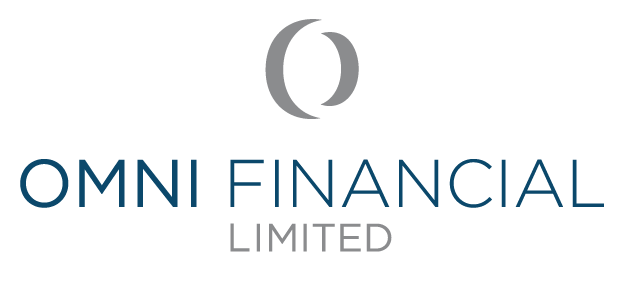Want To Pay Less Tax? Ideas To Help Reduce The Amount You Pay
- Omni Financial Ltd
- Aug 3, 2015
- 3 min read

Paying tax is an onerous duty and one we all wish we didn’t have to do.
Judging by recent newspaper headlines, it seems that if you are rich and famous tax avoidance is almost compulsory.
Whilst actual tax evasion is illegal (ie stashing it under your mattress), tax avoidance is not, it is simply the practice of being savvy with your money to limit the amount it can be taxed within the law.
This quick guide will talk you through some of your options if you are looking to reduce the tax burden on your personal income. If you ever wonder: ‘how can I reduce my tax bill?’ this guide is for you.
How To Pay Less Tax: The Obvious Methods
The government already provide a generous annual entitlement to every UK saver in the form of ISAs. If you open and Independent Savings Account, you will be able to deposit £15,240 tax free each year.
This means that any interest earned on the money invested is yours, tax free.
As well as paying into an ISA, the more of your income that you put into a private pension, the less of it can be taxed.
You can be eligible for tax relief on pension contributions of up to, the lower of; 100% of your earnings or £40,000 annual allowance, making it one of the most important means of limiting your exposure to taxation.
If you smoke, drink to excess and drive a gas-guzzling car, then you are making life easy for HMRC.
By giving up these vices, you not only make yourself far healthier and protect the environment, but you also prevent yourself from losing money through indirect taxation like VAT.
If you are married, you might want to take advantage of the new rules that allow you to transfer your tax allowance to your partner or vice versa. If your partner pays a lower rate of tax than you do, transfer or ‘gift’ them an amount of savings that come up to their personal allowance threshold.
How To Pay Less Tax: The Less Obvious Methods
If you are a parent with young children you can avoid paying taxation on £55 a week by investing in the government’s child care vouchers, if your employer is enrolled in the scheme. This allowance is allocated to each parent and therefore a couple can buy £110 a week of vouchers.
By diverting your income into the vouchers, you can avoid income tax and NI contributions being levied on the sum and have the full amount to buy child care with.
This means that most tax payers on basic rate can save a maximum of £930 per year on income tax and NI.
Another way of protecting your income from taxation is through renting out part of your property. The government’s Rent a Room Scheme has a tax threshold of £4,250 per year.
You will need to charge at least that amount to a tenant per year before you have to pay any tax at all, making room rental an attractive means of tax free income generation.
Getting Some Guidance
This list of tax benefits is by no means exhaustive and it is simply there to show that you don’t need Take That’s accountant to simply be sensible with your finances and to reduce your tax liability.
Getting help and seeking advice can be one of the most effective investments, however, if you are looking to streamline your finances and reduce your overall tax burden.




Comments